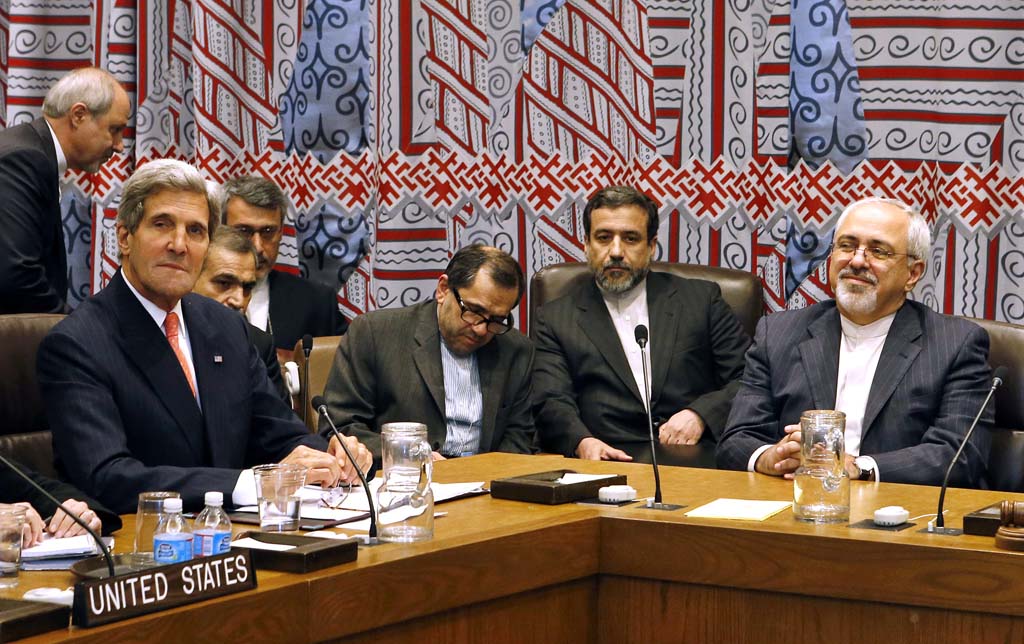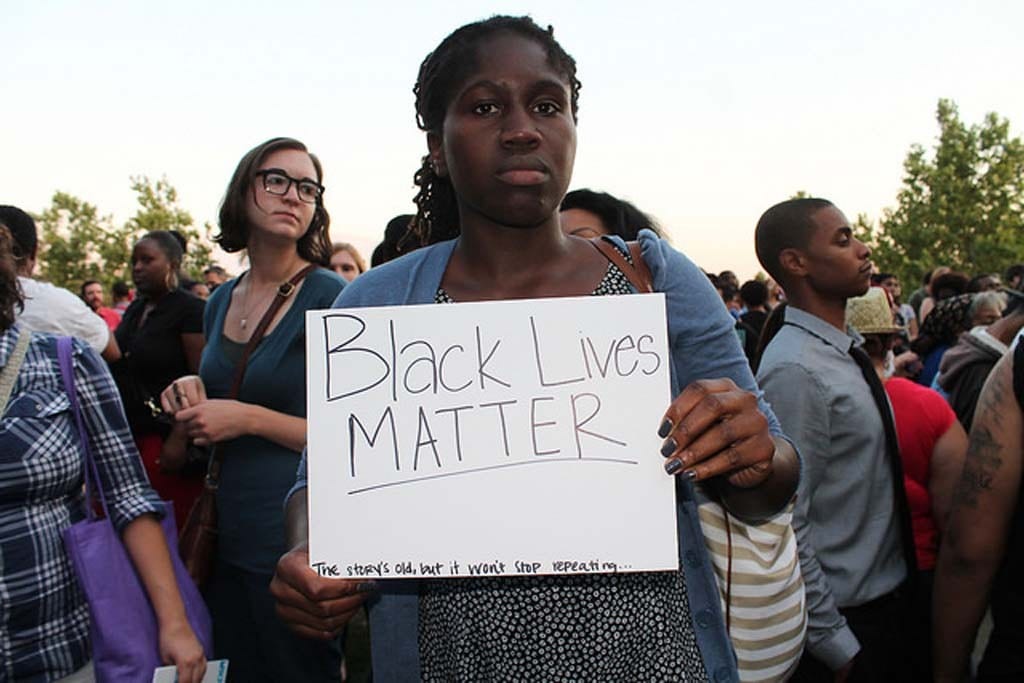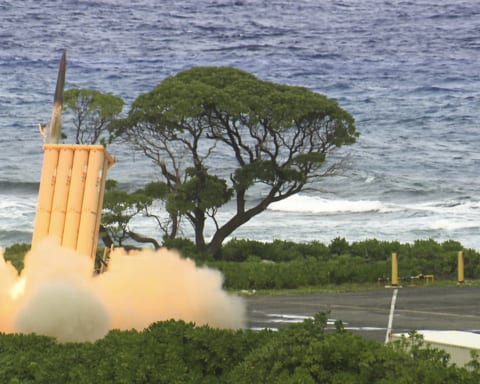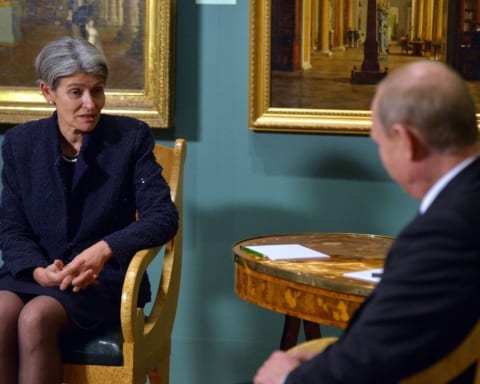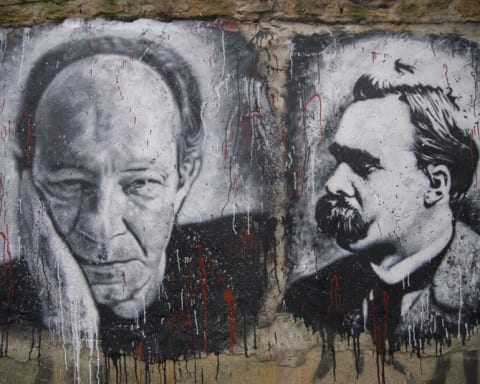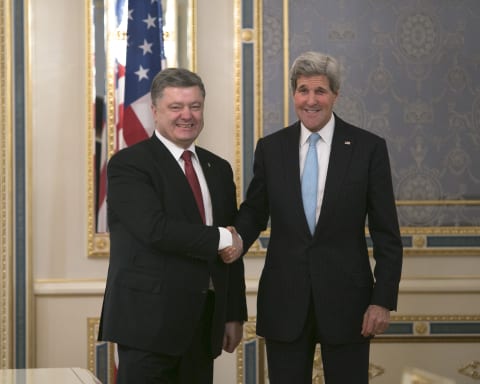On July 14, 2015, after endless hours of tense negotiations, the Joint Comprehensive Plan of Action (JCAP) was unveiled to the world. In the United States, it was hailed as a victory for the non-proliferation regime while others expressed frustration at the number of capitulations the U.S. had made. But the more optimistic supporters of the deal celebrated the rapprochement and suggested a possibility for closer American-Iranian ties. Unfortunately, mere days after the conclusion of the agreement, Grand Ayatollah Sayyid Khomeini, Supreme Leader of Iran, squashed any hopes of more cooperation.
Sumitha Kutty, an Associate Research Fellow at the S. Rajaratnam School of International Studies in Singapore, offers a very cogent analysis of the prospects of improved relations here. Put simply, the outlook for true détente is grim.
The U.S.-Iranian relationship is scarred by two major events. The first is the 1953 coup d’état engineered by the CIA and the British SIS. In response to the nationalization of the Anglo-Iranian Oil Company, the U.S. deposed and replaced the popularly elected Prime Minister Mohammad Mosaddegh with the pro-Western monarch, Mohammad Reza Shah Pahlavi. The second event was the Iran-Iraq War (1980-1988). During this long and bloody conflict, the United States supported Iraq through armament, training, intelligence, and most notably, the sale of chemical and biological weapons. Not only did the U.S. stay mum on Saddam’s liberal use of chemical weapons, it blocked a number of the United Nations’ resolutions condemning Iraq for the use of WMDs. Publicly, Iran cannot so easily abandon its enmity with America. It has spent the last three decades building political legitimacy around demonizing the United States. The U.S. State Department, on the other hand, lists Iran as one of the most active state-sponsors of terrorism with alleged ties to Hamas, Hezbollah, and al-Qaeda.
The United States, however, should look past the bitter rivalry and try to create a new pattern of cooperation. Negotiators should be debriefed and try to identify and cultivate more meaningful relationships that may have formed with their Iranian counterparts. The two powers share a fair number of overlapping interests. Sectarian violence, the Islamic State, Iraq/Syria, and Afghanistan are the most obvious. While none of this sounds very feasible, there exists a historical precedence.
After the attacks on September 11, 2001, Iran joined the rest of the world in offering condolences and sympathy to the United States. It surprisingly softened its rhetoric, briefly ceasing the familiar cries of “Death to America” that were a regular feature of public gatherings and addresses by clerics and officials. But it turned out to be little more than a moment’s respite. On October 7, 2001, cruise missiles and bombers began to fly through Afghani skies in retaliation for 9/11. Iran immediately began to publicly condemn the airstrikes and attacks. But things were different this time around.
Amidst all the condemning and denouncing, there was a fair amount of behind-the-scenes cooperation, many of which were initiated by Iran. Iran opened up the northeast city of Mashhad, in the Khorasan Province, for American aid to reach Afghan refugees. Additionally, Iranian officials sent secret messages to Washington expressing their willingness to perform search-and-rescue missions for U.S. pilots that may crash, be shot down, or force-land in Iranian territory. Then-Secretary of State Colin Powell, expressing surprise at the offer, remarked, “I don’t think that will be necessary because I can’t envision us needing it in that part of the theater. But it was an interesting statement on their part.” And there were an increased number of U.S. visits by Iranian senior ministers to meet members of Congress, former officials, academics, and business executives. Unfortunately, progress was completely halted by President George W. Bush’s infamous “Axis of Evil” State of the Union Address in 2002.
Returning to the old pattern of U.S.-Iran antagonism is not advisable. Thirty years of neglect and rivalry has brought the United States nothing but a fierce and relentless enemy and an enduring obstacle against the U.S.’ Middle East Policy. Prospects of an alliance or a special relationship, à la United Kingdom or Japan, are out of the question, but limited cooperation and increased interaction is certainly possible and can bring the U.S. some tangible benefits. Through repeated interaction, the United States can help mold Iran’s behavior as it gradually rejoins the world. This is not an attempt at complete social reengineering, nor is it a way to infringe upon Iranian sovereignty. It is a way to reduce the chances of Iran acting against American interests. There needs to be serious and effective diplomacy to encourage Iran to use its new influx of wealth to become a responsible stakeholder in the existing regional and world order. Isolating Iran again will only encourage it to seek refuge in the arms of U.S. rivals, like Russia or China.
The partnership should begin by focusing on the most pressing regional issues. The most obvious points of cooperation are the Islamic State and rebuilding Afghanistan. If the negotiations surrounding the nuclear deal are any indication, future cooperation between Iran and the United States will be grueling and frustrating. But this is not a justified excuse to revert back to old habits. Going back to the old ways will make Iran a problem rather than a potential solution. Yes, the deal is not perfect, but it is the best we have. It can provide a springboard for a more productive future. As unsavory as the two countries find each other, there have been stranger bedfellows.
